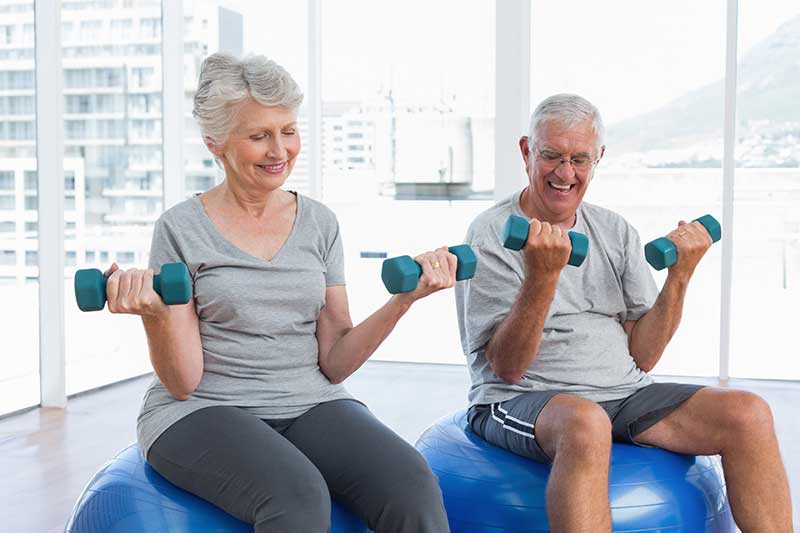Diet and lifestyle changes can be an effective way to manage incontinence, which is the loss of bladder control. Incontinence can be caused by a variety of factors such as age, pregnancy, obesity, and certain medical conditions. By making changes to your diet and lifestyle, you can take control of your symptoms and improve your overall quality of life.
One of the most important lifestyle changes to consider is to maintain a healthy weight. Being overweight or obese can put added pressure on your bladder and pelvic muscles, which can worsen incontinence symptoms. Losing weight can help alleviate this pressure and improve your bladder control. This can be achieved through a combination of diet and exercise. Eating a healthy diet that is low in fat and high in fiber, along with regular physical activity, can help you lose weight and improve your overall health.
In addition to weight management, it's important to pay attention to the foods and drinks you consume. Caffeine, alcohol, and spicy foods can irritate the bladder and worsen incontinence symptoms. While you don't have to eliminate these foods and drinks entirely, it may be helpful to limit your intake. Carbonated drinks, artificial sweeteners, and artificial colors can also aggravate incontinence, so it's best to avoid them as well. Also, it's important to stay hydrated by drinking water, herbal teas and other non-caffeinated beverages, as dehydration can make incontinence symptoms worse.
Smoking can also worsen incontinence symptoms, so if you smoke, quitting is a great way to improve your overall health and reduce your risk of incontinence. Nicotine can irritate the bladder and pelvic muscles, which can lead to incontinence. Quitting smoking can also improve your lung function and reduce your risk of other health problems.
Another important lifestyle change to consider is to engage in regular physical activity. Exercise can help strengthen your pelvic floor muscles, which can improve bladder control. Kegel exercises, which are exercises that target the pelvic floor muscles, can be done anywhere and at any time. These exercises can be done while sitting, standing, or lying down and can be done discreetly.
Finally, it's important to consider your daily routine and make changes that will help manage your incontinence symptoms. This may include going to the bathroom at regular intervals, even if you don't feel the need to go, and avoiding holding in urine for too long.
In conclusion, making changes to your diet and lifestyle can be an effective way to manage incontinence. Maintaining a healthy weight, paying attention to the foods and drinks you consume, quitting smoking, engaging in regular physical activity, and making changes to your daily routine can all help reduce your risk of incontinence and improve your overall quality of life. Remember to speak with your healthcare provider for personalized recommendations and always follow a balanced and healthy diet and lifestyle.
If you need high quality incontinence products and supplies to help you manage incontinence, the Product Experts at Rely Medical Supply can help! Please call, toll-free, at 1-888-529-2308. Our friendly and helpful representatives answer calls from 8:00 am to 5:00 pm Central Standard Time. Each representative is trained to help you select the right products for your personal needs, to help you stay dry and comfortable.


